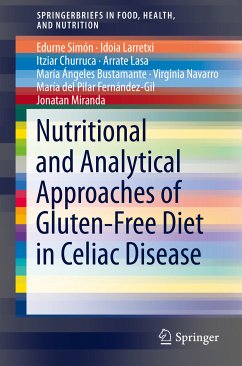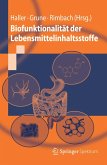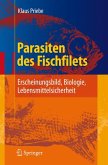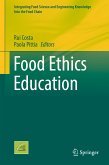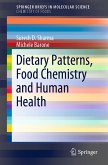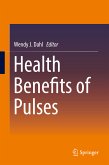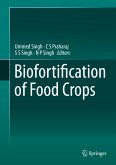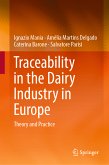This study by the University of Basque Country Gluten Analysis Laboratory analyzes the gluten free diet from different perspectives. The authors provide background information on gluten, celiac disease, and other pathologies related to gluten intake. Later chapters cover topics such as techniques for gluten detection in foodstuffs and additives, as well as techniques used in complex matrices.
Given that the only effective treatment for celiac disease is a strict, lifelong, gluten-free diet, and that the ingestion of small amounts of gluten can cause major symptoms in gluten intolerants, in recent years there has been an increasing interest in gluten free foodstuffs. In fact, the gluten-free product market has become one of the most prosperous in the field of food and beverages. The book provides a detailed analysis of the nutritional composition of gluten-free foodstuffs and a comparison with their gluten containing analogues.
While targeted towards clinicians and science professionals, such as those working to develop gluten-free foods, it also discusses the energy and nutrient content of a gluten-free diet and offers different nutritional education strategies to improve the eating habits and nutritional status of those living with celiac disease.
Dieser Download kann aus rechtlichen Gründen nur mit Rechnungsadresse in A, B, BG, CY, CZ, D, DK, EW, E, FIN, F, GR, HR, H, IRL, I, LT, L, LR, M, NL, PL, P, R, S, SLO, SK ausgeliefert werden.

